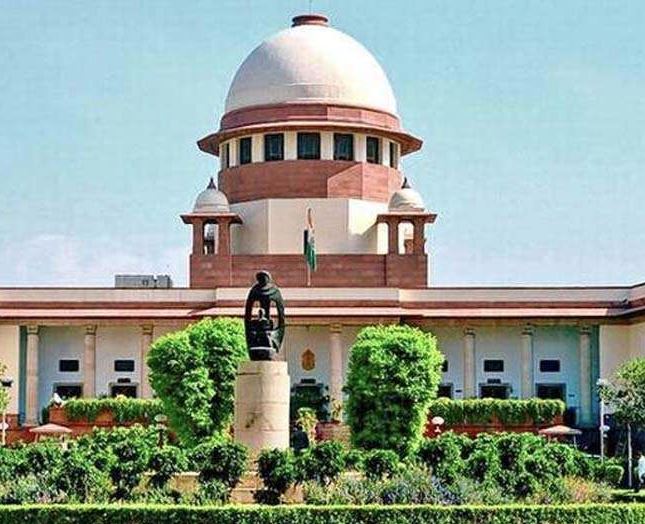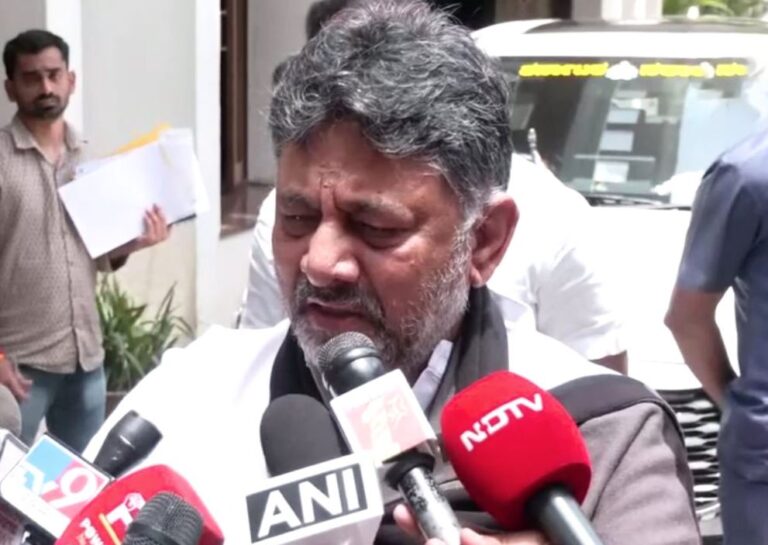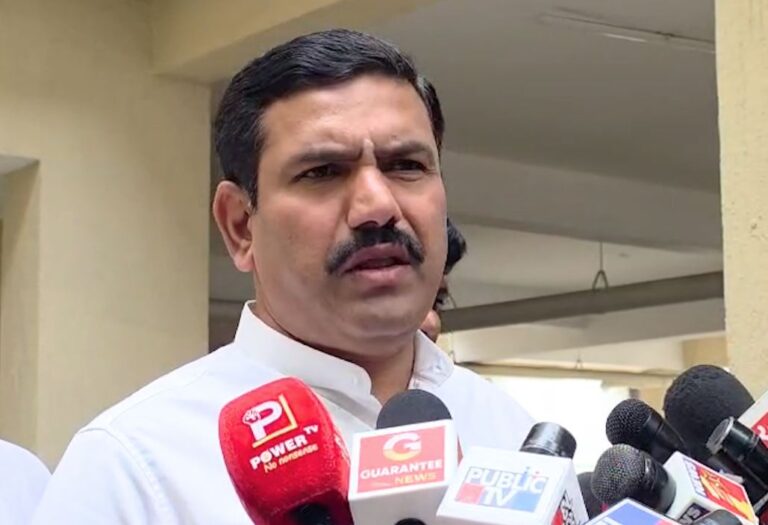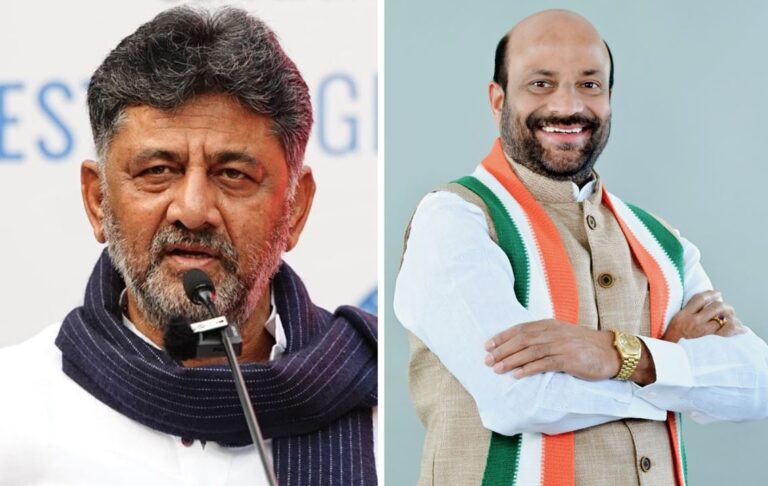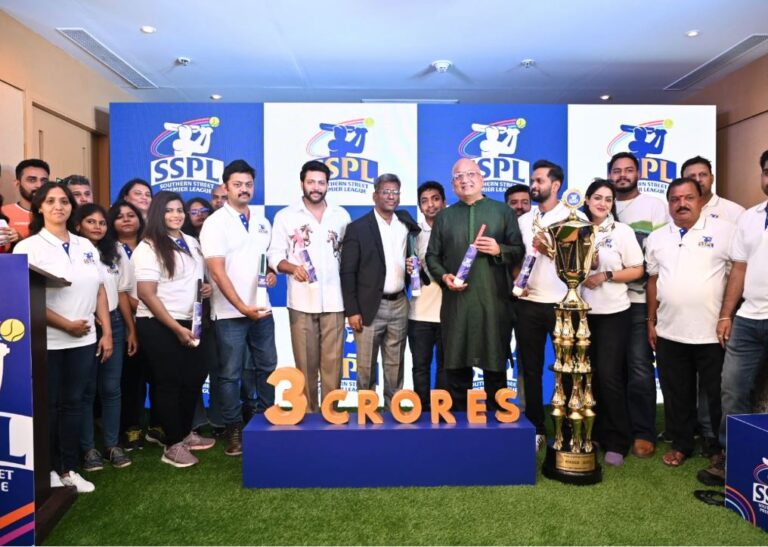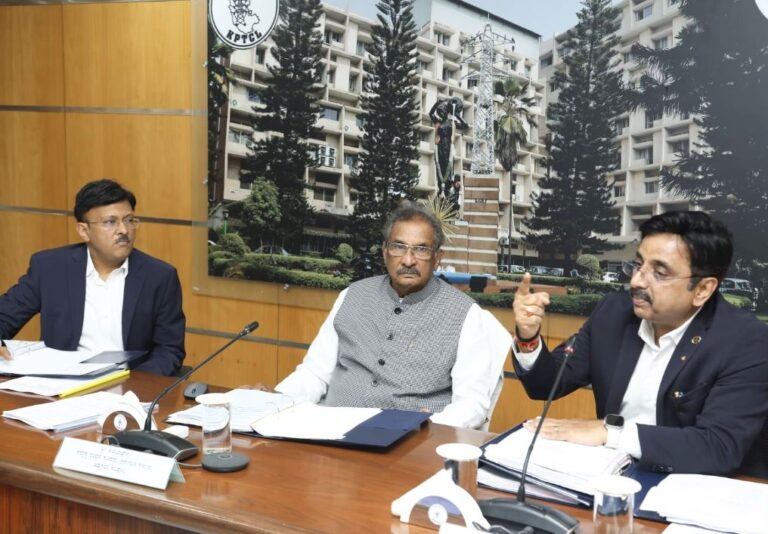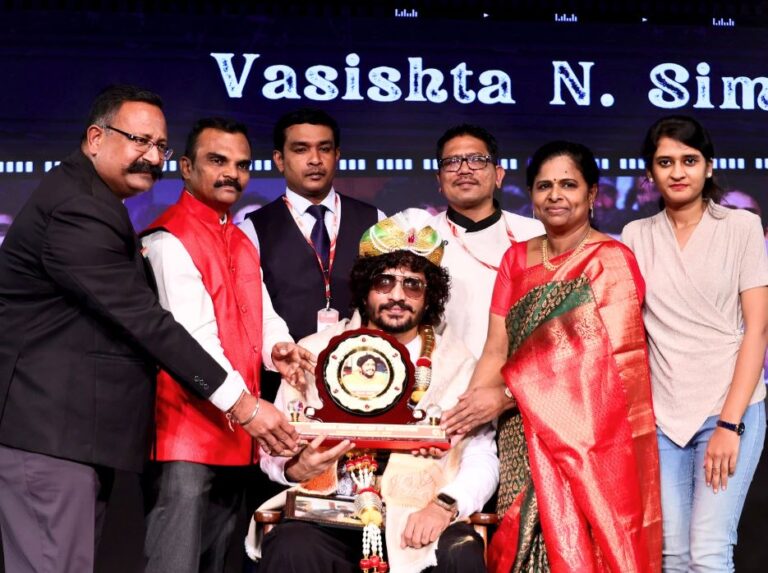New Delhi, April 6: The Supreme Court on Wednesday told a united opposition of 14 national parties that political leaders stand absolutely on the same footing as any ordinary citizens of the country and are not entitled to “higher immunity” from investigation arrest or prosecution.
The parties withdrew their joint petition claiming that the Centre was arbitrarily using agencies such as the ED and the CBI to arrest and institute criminal proceedings against Opposition leaders who expressed their fundamental right to dissent or disagree with the Narendra Modi-led government.
The parties had suggested a “triple test” to be followed before ordering arrest and remand of political leaders. These included factors such as whether a person was a flight risk or whether there was a reasonable apprehension of tampering with evidence or of the influencing or intimidation of witnesses.
The Opposition parties also proposed that the alternatives such as interrogation at fixed hours, or at most house arrest be used to meet the demands of investigation. The petition said the courts should follow the principle of “bail as a rule, jail as a exception” especially in cases involving “non-violent offences”.
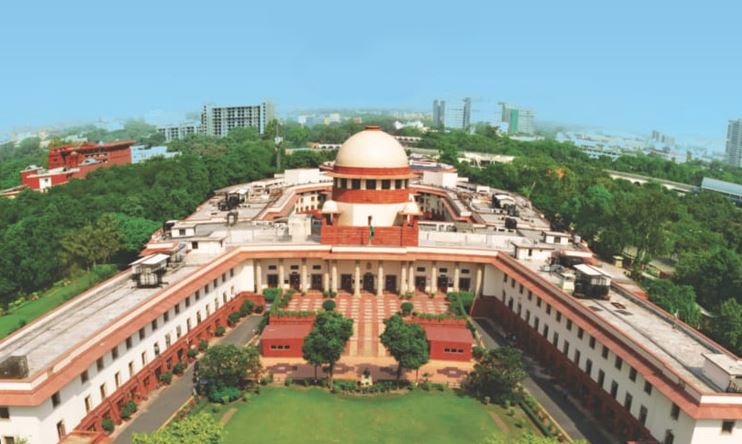
“A political leader is basically a citizen. As citizens, we are all amenable to the same law. Political leaders do not enjoy an immunity,” Chief Justice D.Y. Chandrachud observed.
The petitioners advocate Abhishek Singhvi said that the petition represented a united front comprising 42 per cent of the political spectrum, including 14 parties, together representing 45.19 per cent of the votes cast in the previous assembly elections.
“In the decade between 2004 and 2014, nearly 60 per cent of the political leaders investigated by the CBI, were from the Opposition of the time. Now, this same figure hs risen to over 95 per cent,” Abhishek Singhvi contended.
Meanwhile, Union Minister Anurag Thakur said some of the Opposition parties had indulged in corruption and attempted to come together on one platform, but their reality was “exposed” in the court. “After the investigations were launched into the acts of corruption, some opposition parties would stage protests and stall Parliament proceedings,” he added.
EOM

